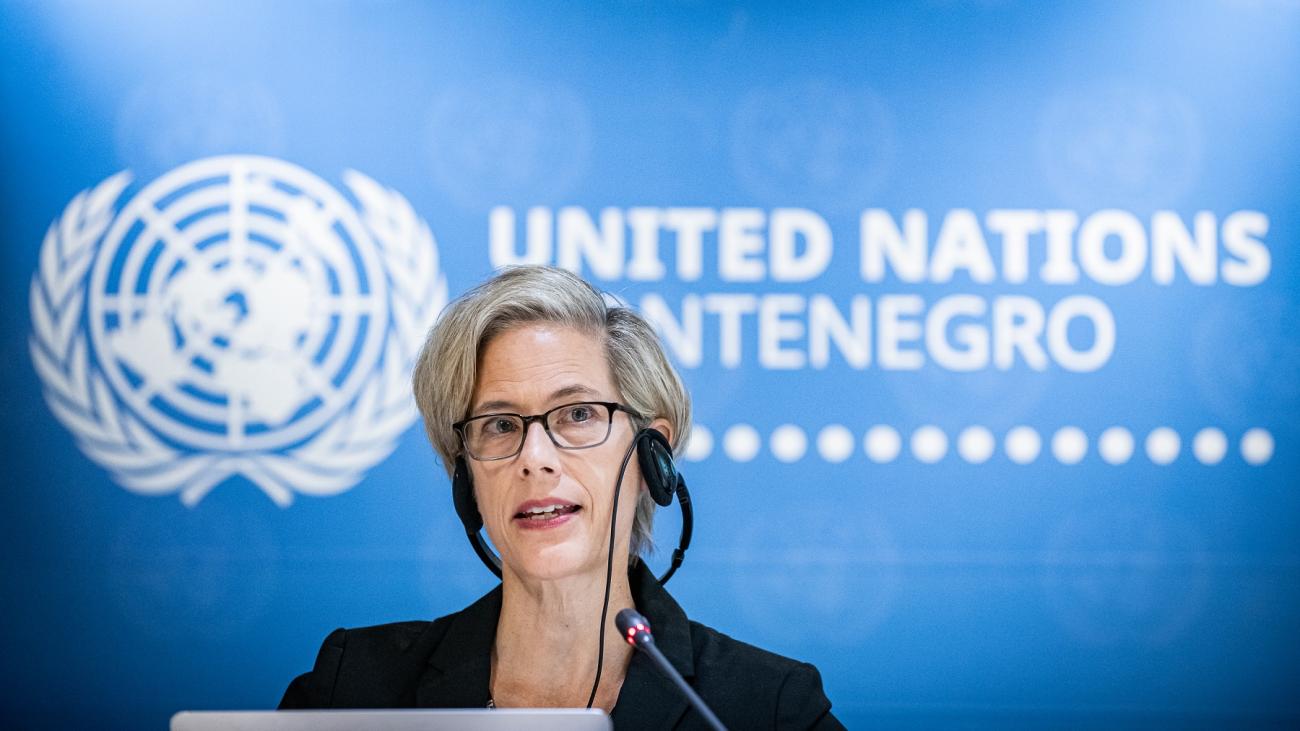Dr Patrick Amoth, acting Director General Ministry of Health. PHOTO/MoH.
The Ministry of Health and the now rebranded State Department for Medical Services are among the key departments in any government given the seriousness that medical services demands.
From the rich to the poor all demand medical services that ensure that human health and well-being are safeguarded.
As such individuals of integrity and high-levels of professionalism are required from doctors, nurses, clinical officers and up to the lowest ranks in the medical services pecking order.
This has never been more apparent since the COVID-19 pandemic struck the country about four years ago, which served as a severe acid test to our preparedness in dealing with pandemics of such magnitude.
It is quite normal for restructuring to be done in any ministry and departments to streamline services and ensure the best brains get the required positions.
This has to be done within the legal framework of our labour laws.
However, in a country where corruption, nepotism and cronyism determines who fills what post and with politics in tow, it’s not hard to see the law being disregarded during appointment of key officers in certain ministries and even parastatals.
Of much concern has been the retaining of Dr Amoth as acting Director General in the State Department of Medical Services.
While the government would like everyone to believe that such changes are meant “to improve service delivery” questions continue to be raised as to why a public officer has to work in acting capacity for more than three years. A development that is not only demoralising but also illegal.
In the Dr Amoth’s case it’s very curious and interesting to see that while he has been retained in acting capacity his deputy, Dr Zeinab Gura, who has been acting Director of Health Care Services was appointed as the substantive Deputy Director General.
Which begs the question: What’s so unique about Dr Amoth being strung around in acting capacity for years? Is it about being politically correct or otherwise?
First it must be understood that the Public Service Commission regulations do not allow indefinite acting for public servants and Dr Amoth’s case goes against the Labour Act that specifies that “a public officer may be appointed in an acting capacity for at least 30 days but not exceeding a period of six months.”
It also has to be noted that acting more than six months is against Employment Act 2007.
Secondly, an officer working in acting capacity may not deliver services efficiently because of anxiety of not being sure whether one will be replaced or confirmed as a substantive officer.
Kenya is not short of professionals who can handle such positions and as far as Dr Amoth is concerned it’s either he is competent and capable of holding the post of which he should be confirmed as the substantive DG or he is found wanting and replaced.
Anything in between is a fraud and against the law.


















